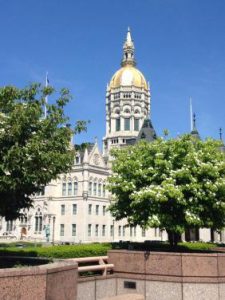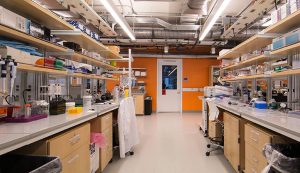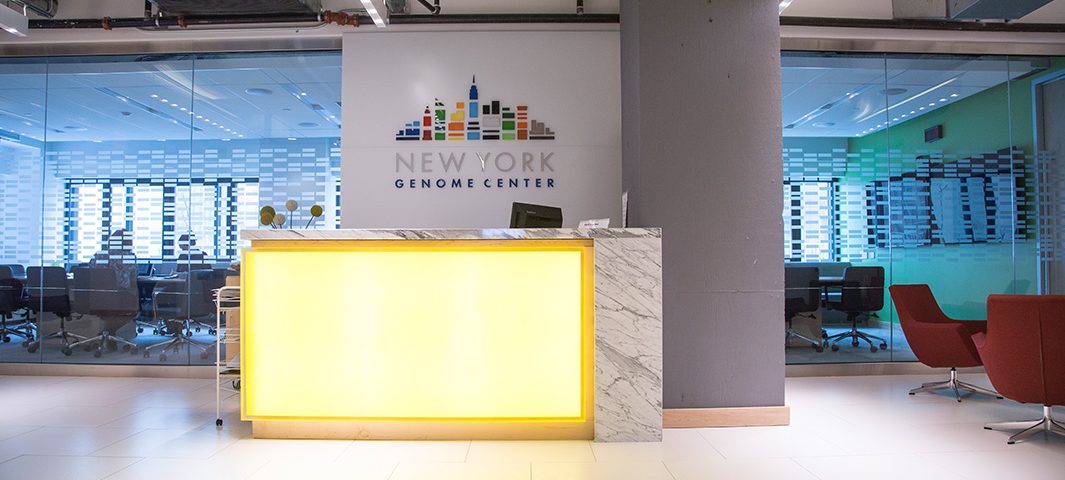In recognition of Rare Disease Day 2018, BioNews Services — which publishes this website — will attend and report on three relevant conferences in the U.S. dealing with policies and programs of importance to patients and their families.
The three are among 50 events in 32 states and the District of Columbia planned by patient advocacy groups to mark #RareDiseaseDay, which calls attention to illnesses that afflict about 30 million people nationwide, and an estimated 400 million worldwide.
The first, on Feb. 28, is the Connecticut Rare Disease Advocacy Event, scheduled from 8:30 to 11 a.m. at the state’s Legislative Office Building in Hartford. This conference is being organized by the National Organization for Rare Disorders (NORD), which is based in Danbury, about an hour’s drive west of Hartford.

“This is an opportunity for patients, caregivers, medical professionals and industry representative to come together and educate elected officials about rare diseases and what it’s like to live with or care for someone with a rare disease,” according to a statement from NORD, an umbrella coalition of 270 patient advocacy groups.
Lesley Bennett, Connecticut state volunteer ambassador for NORD, said 200 people are likely to attend. The bipartisan gathering, now in its sixth year, will open with speeches by state House Speaker Joe Aresimowicz, a Democrat, and Senate President Len Fasano, a Republican.
Also on the agenda are presentations by Emily Germain-Lee, MD, director of the Center for Rare Bone Disorders at Connecticut Children’s Medical Center in Hartford, and Thomas Carpenter, MD, of Yale School of Medicine, who will discuss phosphate metabolism disorders.
Greta Stifel, 59, is a rare cancer patient with neuroendocrine tumors, also known as NETS. A resident of Milford, she has advanced stage 4 metastatic cancer, which is incurable.
“Because we are rare, we have struggles that most others would never have to deal with, including the minefield of trying to find the right medical team and treatment protocols. Many times, this means having to cross state lines to get treated,” Stifel, founder and president of the Stifle Cancer Foundation, told BioNews in an email. “Having to do battles with the insurance companies to cover services, treatments and prescriptions is a whole other dynamic. There isn’t even a specialist in my state who treats what I have.”

Later that day, we head to the Empire State for an evening conference, “Rare Disease Genetics: Unlocking Insights for All,” at the New York Genome Center in lower Manhattan.
Speakers include Max Gomez, MD, medical correspondent for CBS News; Tuuli Lappalainen, PhD, assistant biology professor at Columbia University; Jean-Laurent Casanova, MD, PhD, a genetics professor at New York’s Rockefeller University; and Bruce Gelb, MD, a pediatrics and genetics professor at Mount Sinai’s Icahn School of Medicine.
“Join us for a discussion with our scientist panel to learn more about the widespread impact of rare diseases, how next-generation sequencing has uncovered the genes responsible more than 50 percent of all rare diseases, how the genomic study of rare diseases has advanced understanding of all diseases, and cutting-edge methods to analyze genetic variants responsible for rare disease risks,” said an invitation letter from the New York Genome Center, which covers 170,000 square feet, including 30,000 square feet of sequencing lab space.
Rare Disease Day at NIH
Finally, on March 1, we travel to Maryland for one of the biggest rare disease events of 2018: Rare Disease Day at NIH. Sponsored by the National Center for Advancing Translational Sciences (NCATS) — a unit of the National Institutes of Health (NIH) — the all-day conference lasts from 8:30 a.m. to 4 p.m. and takes place at the NIH campus in suburban Bethesda.
In addition to presentations and posters, the free event features exhibits, an art show, videos and tours of the NIH Clinical Center. Event partners include NORD, the EveryLife Foundation for Rare Diseases, the Food and Drug Administration’s Center for Biologics Evaluation and Research, Genetic Alliance, Global Genes and Uplifting Athletes.
Welcoming remarks will be given by Christopher P. Austin, MD, director of NCATS and chairman of the International Rare Diseases Research Consortium, and James K. Gilman, CEO of the NIH Clinical Center.
Also planned is a keynote speech by Rep. Leonard Lance of New Jersey, the Republican co-chair of the 103-member bipartisan Congressional Rare Disease Caucus, and a talk by NIH Director Francis S. Collins.
A panel on patient advocacy will be moderated by Marshall Summar, MD, chairman of NORD’s board of directors, and director of the Rare Disease Institute at Children’s National in Washington, D.C. The panel is to include Margie Frazier of the Batten Disease Support & Research Association; Theresa V. Strong of the Foundation for Prader-Willi Research; Salvatore La Rosa of the Children’s Tumor Foundation; Kathleen Brewer of the Erdheim-Chester Disease Global Alliance, and James O’Leary, chief innovation officer at Genetic Alliance.
To register for Rare Disease Day 2018 at NIH, please click here. The event will also be broadcast online, and is free and open to the public.

